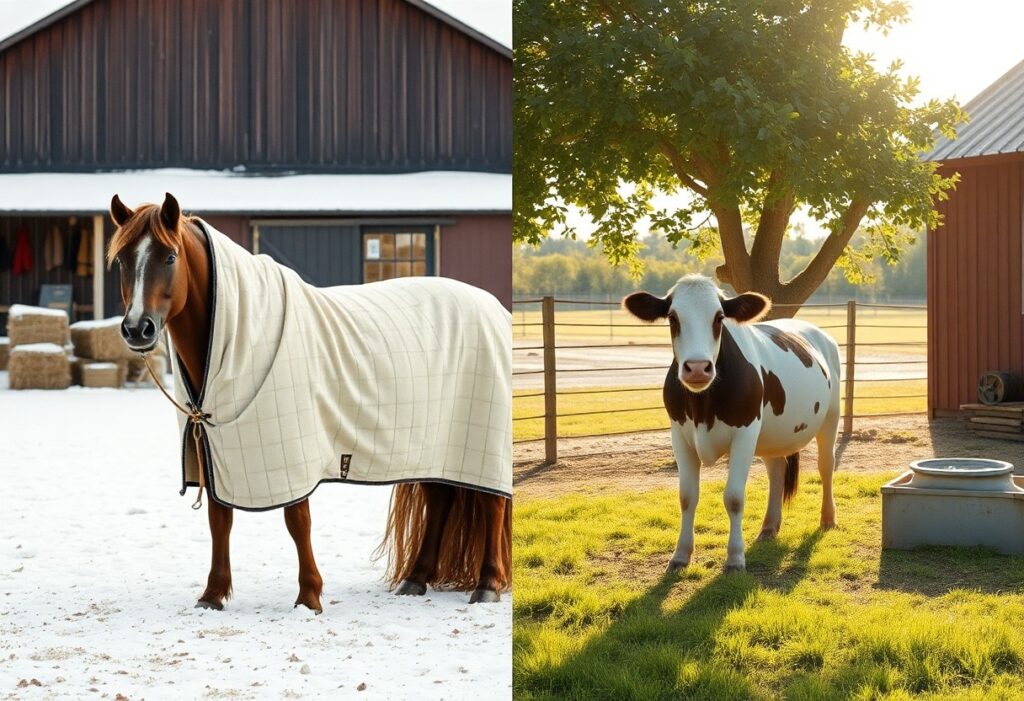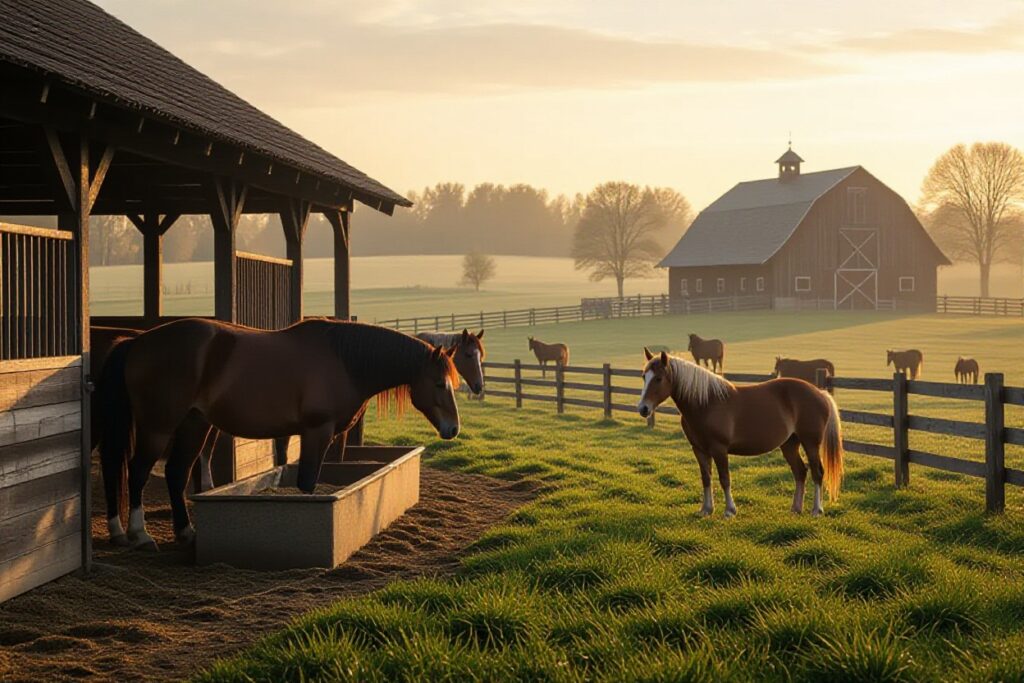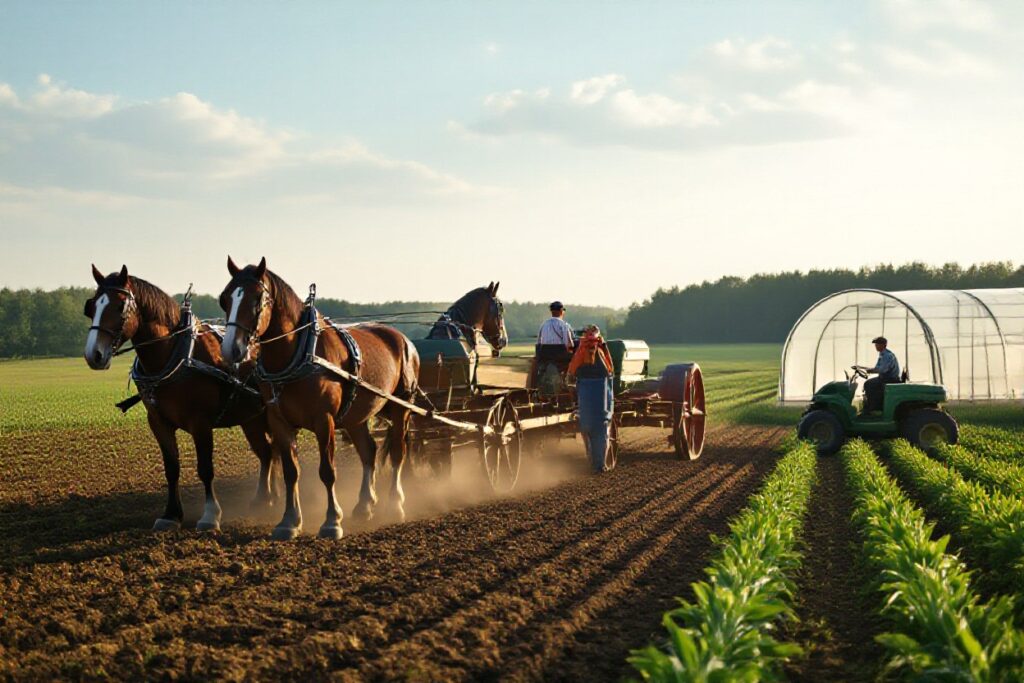Over the changing seasons, it’s important for you to ensure that your horses and farm animals are adequately cared for, adapting how you manage them to the cold of winter and the heat of summer. Each season brings distinct challenges and preparations that are vital for maintaining the health and well-being of your animals.
During winter, the cold can pose serious risks to your animals. You should provide adequate shelter, ensuring that it is properly insulated to protect them from harsh winds and moisture. Bedding is important; use straw or shavings that retain warmth. Ensure that your animals are dry and warm to help prevent illnesses associated with the cold.
Feeding habits also change in winter. You may need to adjust your animals’ diets to include more calories since they expend more energy to stay warm. Consider adding roughage such as hay, which provides energy and helps maintain body condition. Fresh water is also important, so make sure that their water supply does not freeze.
Consider health checks during this season. Ensure that vaccines and deworming schedules are up to date. Monitor for signs of illness as animals can be more susceptible during colder months. Regular hoof care is necessary, as snow and ice can lead to problems. If your animals are out on pasture, consider limiting their time outside if conditions are particularly harsh.
On the flip side, preparing for summer is equally important. Ensure that your animals have access to shade and fresh, cool water at all times. Dehydration can occur quickly in hot weather, and adequate hydration is vital for their health.
During the summer months, you may want to pay special attention to your animals’ coat care. Regular grooming helps to remove excess hair, which will keep them cooler and more comfortable. Be vigilant for signs of heat stress, such as excessive sweating or lethargy.
Your feeding practices may also change with the heat. Providing fresh greens and adjusting hay intake can be beneficial, depending on pasture availability. Ensure that feed does not spoil in the heat, as this can lead to health issues for your animals.
Summertime brings an increased risk of pests such as flies and ticks, which can cause discomfort and lead to health issues. Use appropriate repellents and maintain cleanliness in their living areas to minimize infestations. Regular health checks are also important during this season, keeping vaccinations up to date and monitoring for issues that arise with heat exposure.
Whether it’s winter or summer, seasonal care requires your attention and effort. By taking proactive steps and adjusting your management practices, you’ll ensure that your horses and farm animals remain healthy and comfortable throughout the year.











